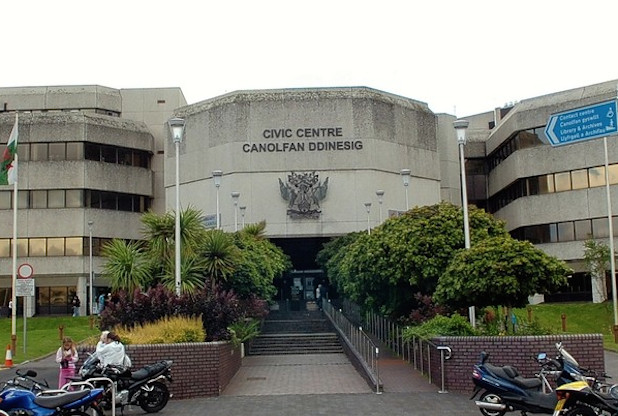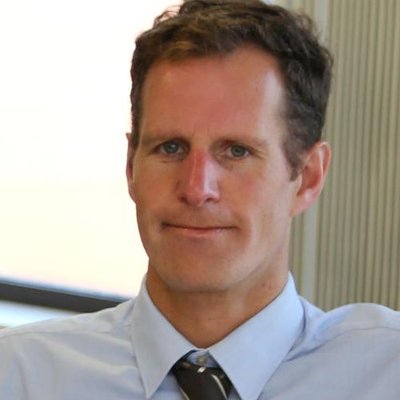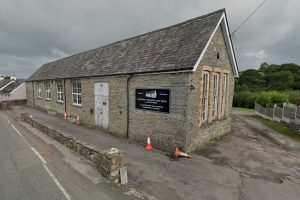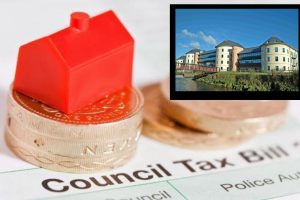THE CURRENT and former leaders of Swansea Council have clashed over investment in the city’s winter-battered roads, with the latter saying there are millions of pounds sitting in a pot which could have been used.
Ex-leader Cllr Chris Holley, of the Liberal Democrats, said Swansea Labour had taken money from the revenue budget, which he said could be used for road repairs, to repay borrowing costs for big city centre projects. He said the pot of money – called the capital equalisation reserve – currently stood at around £14 million.
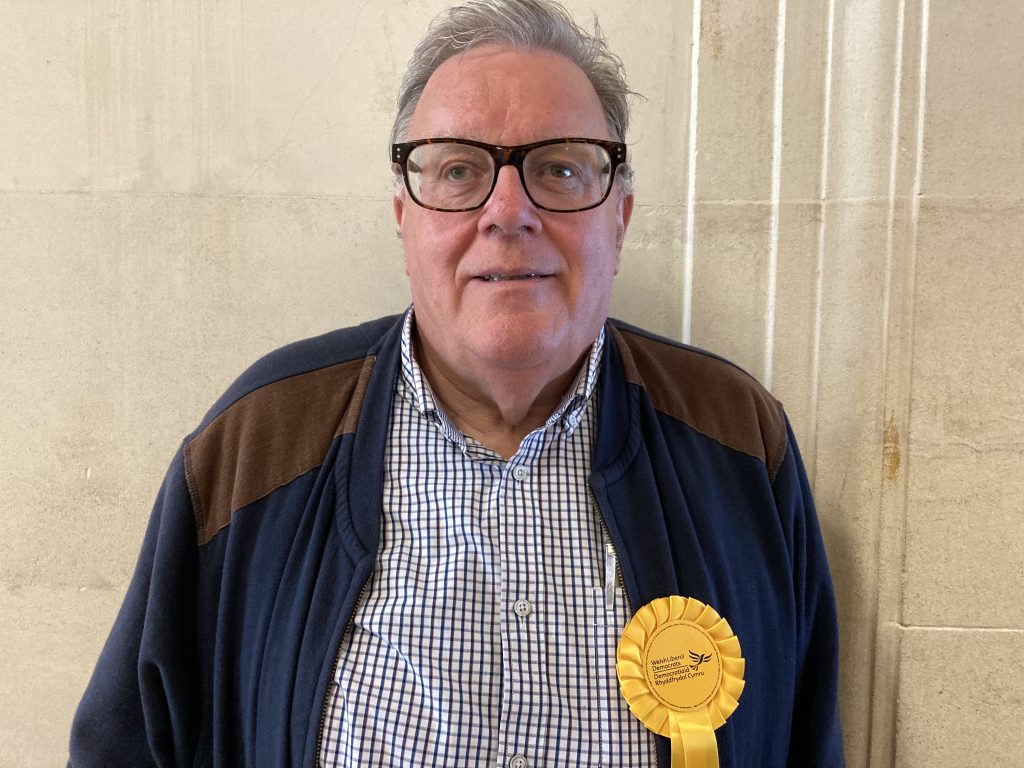
Labour leader, Cllr Rob Stewart, said the equalisation reserve was necessary because the council had to borrow in order to match significant UK and Welsh government investment in city centre regeneration projects, which otherwise wouldn’t be taking place.
Speaking at a meeting of full council, he also said the council would spend more money on Swansea’s roads if it received more cash in the form of capital grants from central government.
Cllr Holley said the equalisation reserve was being used “to mask the amount of money that the borrowing is going to cost”.
He said there should be more funding for roads from central government but, addressing Labour, said: “You should not start crying about lack of money when you took it out yourselves, and I think you should seriously consider what you do in the future.
“It’s all well and good having these fancy projects and what have you, but if you can’t get to them because the roads are in a hell of a mess there’s no point in having them.”
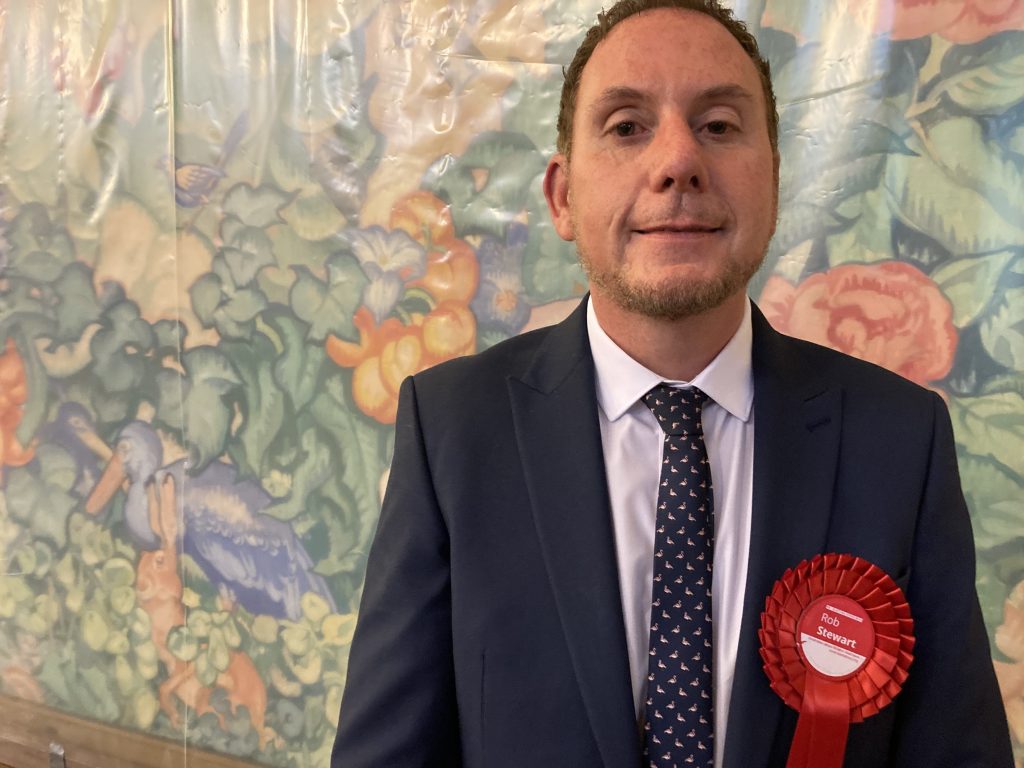
Cllr Stewart said Swansea and three other councils in the Swansea Bay City Region had to put up money as part of negotiations with primarily the UK Government for the £1.3 billion city deal – a major programme of investment comprising nine projects which was signed in 2017.
He said: “I think one of the big differences between this administration and the previous Lib-Dem administration is that we were prepared to put some skin in the game and get things done.”
Cllr Stewart said the interest rate on money borrowed by the council in recent years was 1.96%, around three times less than Lib-Dem borrowing when it was in power prior to 2012.
Cllr Holley said the city deal was not predicated on the need for the council to borrow money. “Please do not try to hoodwink the public of this city to think that you did not take money out of our revenue account to pay for the future of that borrowing, because we are now seeing the consequences on our roads of not investing,” he said.
Cllr Stewart said the council’s revenue budget had grown in recent years, and he said again that the council had to set aside money for repayments in order to gain the benefits of city deal and Levelling Up Fund money.
The Labour leader added that an additional £5 million was being redirected from a council insurance fund towards road repairs and resurfacing, with a further £1 million likely.
He said repair teams had filled in 4,396 potholes in Swansea since the beginning of January, that more sections of crumbling road would be added to a resurfacing schedule, and that roads across the UK had been impacted by the freezing and wet winter conditions.
Cllr Stuart Rice, of the Uplands Party, asked Cllr Stewart if the general public would rather the council invested £10 million in roads or city centre acquisitions and the proposed Skyline attraction on Kilvey Hill.
Cllr Stewart, referring to Cllr Rice’s former time as a Lib-Dem councillor and cabinet member, said it was always “either or” with the previous administration.
“We don’t believe in that ideology – what we believe is that we can do both,” he said.



